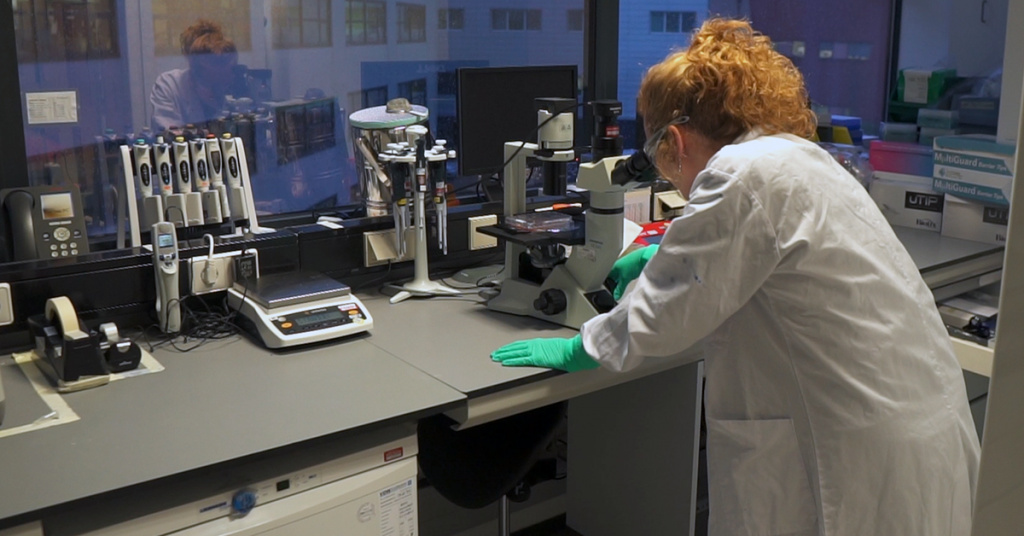Ohio Governor Mike DeWine has announced that the distribution and administration of Johnson and Johnson coronavirus vaccine to mass vaccination clinics, colleges and universities have been halted as directed by the Centers for Disease Control and Prevention, CDC.
“Due to the pause in administering the J&J vaccine, some sites will proceed with Pfizer or Moderna and other sites will pause entirely for the week,” said Governor Mike DeWine.
“The majority of Ohio’s J&J doses have been directed to Ohio’s mass vaccination clinics and to our colleges and universities.”
However, Columbus Public Health Commissioner Dr Mysheika W. Roberts urged those who already had J&J vaccines should not go for another shots.
Principal Deputy Director of the Centers for Disease Control and Prevention, CDC Dr. Anne Schuchat and Dr. Peter Marks, director of the FDA’s Center for Biologics Evaluation and Research issued a statement regarding the pausing of administration of the Johnson and Johnson covid vaccine saying that, “as of April 12, more than 6.8 million doses of the Johnson & Johnson (Janssen) vaccine have been administered in the U.S.
“CDC and FDA are reviewing data involving six reported U.S. cases of a rare and severe type of blood clot in individuals after receiving the J&J vaccine.”
The statement added as follows:
“In these cases, a type of blood clot called cerebral venous sinus thrombosis (CVST) was seen in combination with low levels of blood platelets (thrombocytopenia). All six cases occurred among women between the ages of 18 and 48, and symptoms occurred 6 to 13 days after vaccination.
Treatment of this specific type of blood clot is different from the treatment that might typically be administered. Usually, an anticoagulant drug called heparin is used to treat blood clots. In this setting, administration of heparin may be dangerous, and alternative treatments need to be given.
CDC will convene a meeting of the Advisory Committee on Immunization Practices (ACIP) on Wednesday to further review these cases and assess their potential significance. FDA will review that analysis as it also investigates these cases. Until that process is complete, we are recommending a pause in the use of this vaccine out of an abundance of caution.
This is important, in part, to ensure that the health care provider community is aware of the potential for these adverse events and can plan for proper recognition and management due to the unique treatment required with this type of blood clot.
Right now, these adverse events appear to be extremely rare. COVID-19 vaccine safety is a top priority for the federal government, and we take all reports of health problems following COVID-19 vaccination very seriously.
People who have received the J&J vaccine who develop severe headache, abdominal pain, leg pain, or shortness of breath within three weeks after vaccination should contact their health care provider. Health care providers are asked to report adverse events to the Vaccine Adverse Event Reporting System at https://vaers.hhs.gov/reportevent.html.



































Leave a Reply
You must be logged in to post a comment.